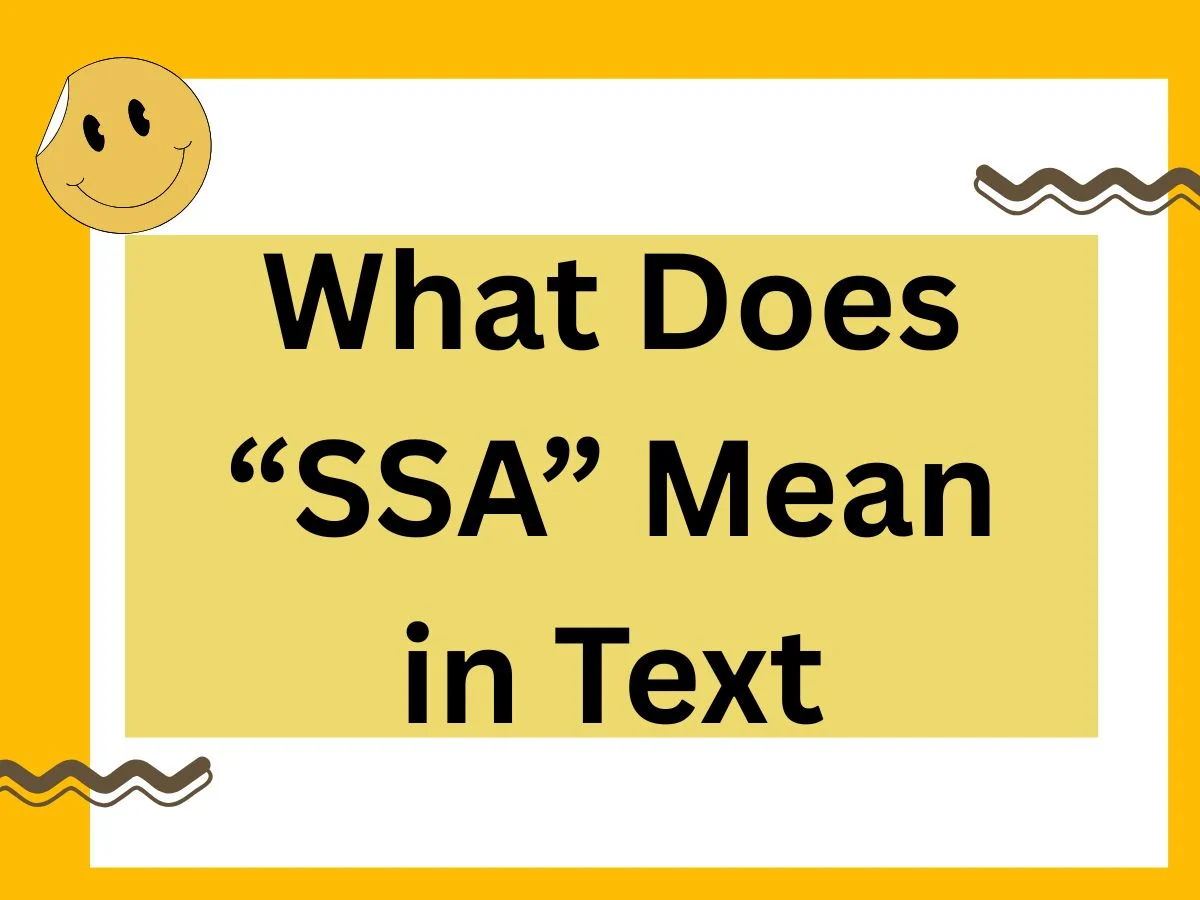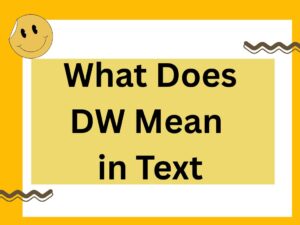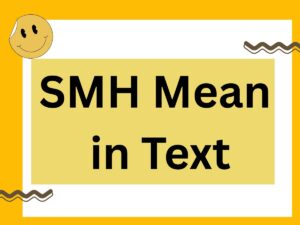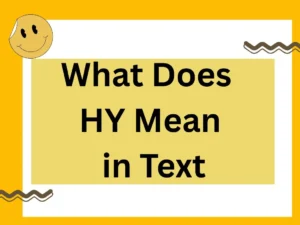In the fast-paced world of digital messaging, abbreviations like “SSA” make communication faster but can also create confusion—especially when one acronym can have multiple meanings. If you’ve received “SSA” in a text or seen it online, you might have wondered: What exactly does it stand for?
🔥 Rizz Line Generator 🔥
In 2025, “SSA” is still most commonly recognized as shorthand for “Subhanahu wa ta’ala” in Islamic greetings, or “Social Security Administration” in formal U.S. contexts. However, in texting culture—especially across social media, gaming chats, and international communities—its meaning shifts depending on tone, audience, and platform.
This guide goes far deeper than just a one-line definition. You’ll learn exactly what “SSA” means in different contexts, when to use it, what to say instead, and how to avoid awkward misunderstandings.
Meaning of “SSA” in Text
In digital communication, “SSA” can mean different things based on the environment. Here are the most relevant interpretations for 2025 messaging trends:
- Religious greeting: In Islamic contexts, “SSA” is shorthand for “Subhanahu wa ta’ala,” an Arabic phrase meaning “Glorified and Exalted is He,” often used when mentioning God in conversation.
- Government reference: In U.S. professional or bureaucratic messages, “SSA” almost always means Social Security Administration.
- Casual greeting (region-specific): In East African countries like Kenya and Uganda, “SSA” in texts can mean “Salaam” or “Salaam Alaikum” (Peace be upon you).
- Workplace shorthand: Certain corporate environments use “SSA” internally as a project or team acronym (e.g., “System Security Audit,” “Senior Systems Analyst”), though this is context-dependent.
Nuances of Tone in “SSA” Usage
SSA is unusual because the tone of the message depends heavily on the relationship between sender and recipient.
- Casual tone: Among friends in certain regions, “SSA” can feel warm and familiar (e.g., East African greetings).
- Formal tone: In government, corporate, or professional exchanges, “SSA” can be purely functional.
- Respectful/religious tone: In faith-based conversations, using “SSA” shows reverence and devotion.
If you don’t share cultural context with the sender, it’s best to clarify meaning before assuming.
Polite, Professional, and Casual Alternatives
If you’re responding to or replacing “SSA” in a message, your choice should match the tone and setting.
Polite / Formal Alternatives
- “Good morning” / “Good afternoon” — universal, clear, polite.
- “Greetings” — neutral and professional.
- “Peace be upon you” — respectful, faith-based, formal.
- “Kind regards” — ideal for emails or written correspondence.
Professional Alternatives
- “Hello” — simple, universally accepted in all professional situations.
- “Welcome” — useful when greeting someone joining a meeting or group.
- “Acknowledged” — for confirming receipt of a message or task.
Casual Alternatives
- “Hey” — friendly and relaxed.
- “What’s up?” — casual and social.
- “Hi there!” — approachable, neutral.
10 Premium Example Sentences
Here are ten examples showing how “SSA” or its alternatives might appear in context:
- Religious greeting (formal):
“SSA, my friend—may your day be filled with blessings and peace.” - Casual regional greeting:
“Hey John, SSA! Haven’t seen you online in a while.” - Professional email opening:
“SSA, attached you’ll find the requested quarterly report.” - Government-related text:
“Please contact the SSA office to update your records.” - Project communication:
“SSA review is scheduled for next Thursday; please prepare your security compliance notes.” - Faith-based social media comment:
“SSA! That’s a beautiful reminder, thank you for sharing.” - Group chat welcome:
“SSA everyone, let’s get started with today’s discussion.” - Customer service chat:
“SSA, we appreciate your patience while we resolve your request.” - Casual friend text:
“SSA, ready for game night?” - Community forum post:
“SSA to all new members—welcome to our space!”
Choosing the Right Alternative
When replacing or responding to “SSA”:
- Know your audience: Is the message personal, professional, or faith-related?
- Consider location: In East Africa, “SSA” might be a warm hello; in the U.S., it might refer to the Social Security Administration.
- Mind cultural sensitivity: Religious greetings should be used respectfully and within the right context.
- Keep it clear: If you’re unsure, use universally understood greetings like “Hello” or “Good morning.”
Misinterpretations and Regional Variations
In 2025, linguistic researchers note that “SSA” has increased cross-context overlap, leading to misunderstandings in multinational messaging platforms. For example:
- Kenyan student texting an American friend: “SSA” could be intended as “Salaam Alaikum,” but the friend might think of the Social Security Administration.
- Faith-based WhatsApp groups: “SSA” is often shorthand for a longer Arabic greeting, but non-Muslim members may misinterpret it.
- Corporate Slack channels: “SSA” might refer to a specific project code.
To avoid confusion, many multilingual teams now include a first-use expansion (e.g., “SSA (Salaam Alaikum)”) in cross-cultural communications.
Why This Matters in 2025
With remote work and global online communities now more interconnected than ever, abbreviations like “SSA” can cross cultural and professional boundaries in seconds. Misinterpretations are not just possible—they’re common.
Digital etiquette experts recommend:
- Expanding abbreviations when communicating with new contacts.
- Avoiding niche acronyms unless context is obvious.
- Being open to asking, “What does that mean in your context?”
Final Takeaways
- “SSA” has multiple meanings depending on culture, profession, and platform.
- Its most common uses in 2025: religious greeting, government reference, casual regional greeting, and corporate acronym.
- Always match your alternative wording to the tone, audience, and setting.
- Clarifying meaning upfront avoids miscommunication and strengthens rapport.





